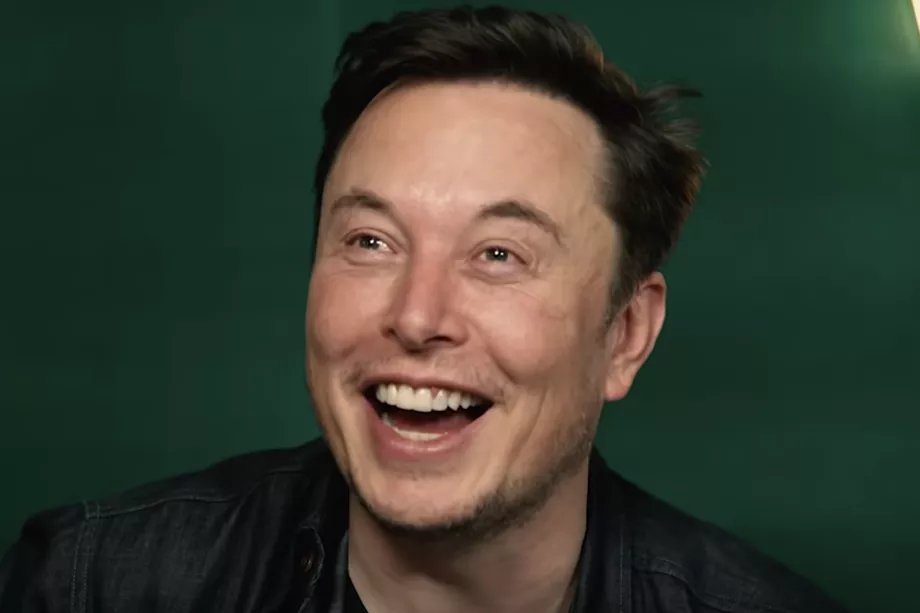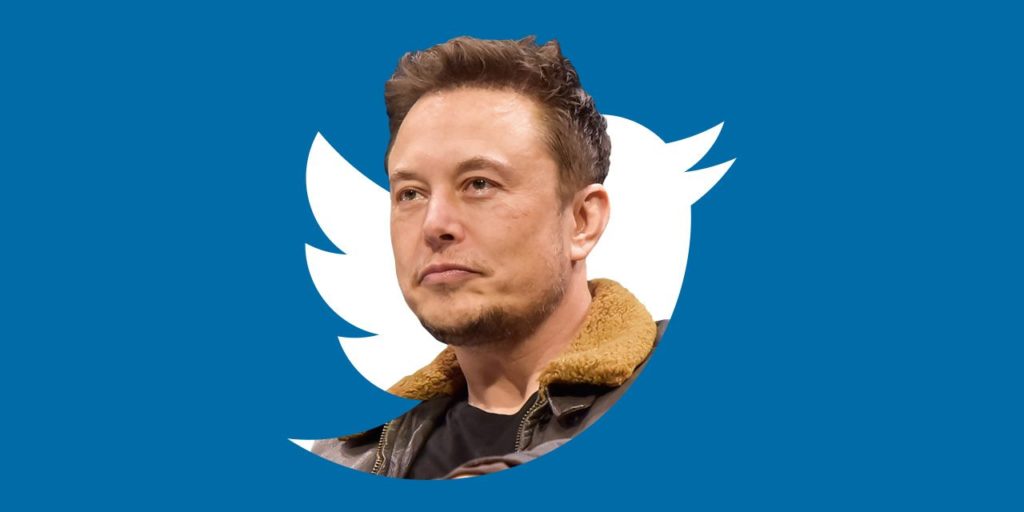The biggest loser in Elon Musk’s collapsed takeover of Twitter appears to be everybody.
What started out as a bombshell overpayment that created Elon Stans of a whole generation of Right Wing internet trolls, has ended in what appears to be a loss for everyone involved, from Twitter and its users to Musk himself. Falling far short of the “free speech” haven Musk claimed he was altruistically buying Twitter to create–a place that Elon said would even have welcomed the return of Donald Trump–Musk’s deal to buy Twitter finally amounted to a lot of self-involved Elon-related controversy and attention-seeking. Complaining about “bots” to the bitter end, Elon announced Friday that he was pulling out of his deal to buy twitter.

And while millions of the platform’s users were horrified by the proposed deal from the start, worried that “Musk’s plan […] would allow extremist content on the site, which Twitter and other social media companies struggle to fully eradicate,” it seems that the fallout of Musk failing to buy Twitter is likely to have far reaching negative implications, too.
Why It’s Bad for Twitter
As this fantastic breakdown from Bloomberg notes, if Musk does back out of his agreement to buy Twitter, the company’s “actual expectation damages are something like $24 billion.” This is because the merger agreement caps damages, if Musk were to walk away from the deal without cause, at 1 billion dollars.
Now you, (like me), might be thinking that returning Twitter to it’s pre-Musk status quo, albeit richer by 1 billion dollars, should probably be looked at as a win for the social media platform and its users, right?
Evidently we’d both be wrong. This is because Twitter is a publicly held company, and its shareholders would be in a very good position to sue it if the company settles “for anything less than specific performance at $54.20 per share,” which is the price that Elon agreed to pay. Anything less, given the merger deal, is a loss of that above-referenced $24 billion dollars for Twitter’s shareholders.
So Twitter is likely to sue for “specific performance,” and try to force the merger to be completed by Musk at the agreed upon price. But this would be tantamount to forcing someone to buy and then operate a company they do not want; clearly also bad for Twitter. Twitter can thus either be run by Musk, or by Twitter’s current executives, who by all accounts have already checked out.
Why it’s Bad for Elon Musk
On the surface, there’s an easy and obvious answer to this question: Elon Musk’s best and worst case scenarios here involve him either paying an enormous sum of money to walk away with nothing, or paying an even more enormous sum of money to walk away with a company he says he no longer wants to run.
But of course there are also the hits to Musk’s already damaged credibility that stem from his very publicly pretending to buy Twitter. And there is also the matter of his lying about the “problem” posed by bots.
As this excellent twitter thread by Daniel McCarthy of Emory University points out: more bots would actually be a good thing for Elon.
More Bots Might Be Better?
How, you wonder? (Or anyway I certainly did, after hearing bot-this and bot-that for weeks on end.)
Again explained courtesy of the above linked fantastic piece from Bloomberg: “Twitter’s revenue is what it is; nobody is disputing that Twitter’s publicly reported financial information is correct. Twitter had $1.2 billion of revenue last quarter, with 229 million reported average monetizable daily active users. If 5% of those mDAUs are bots, then Twitter makes something like $5.52 per (non-bot) user per quarter. But if 25% of the users are bots, then Twitter makes something like $6.99 per user per quarter: Each real Twitter user generates more revenue than you thought, because there are fewer of them than you thought. Also, because there are fewer of them, the potential for future growth is higher: There are more people out there who don’t use Twitter yet and could be persuaded. If it turns out that Twitter has many fewer users than everyone thought, that is good for Twitter’s future business prospects, and thus for its valuation.”
In simplest possible terms: more bots means revenue is being generated per customer. So, in theory, if Elon did buy Twitter and eliminate the bots, then every new user he added would be worth more than he’d planned when he bought the company.
Why it’s Bad for Twitters Users
But so even still this all seems like a net neutral for Twitter’s users, at least at first glance. Twitter is basically unchanged, and Elon Musk won’t be in charge, an outcome that at least a large plurality of Twitter’s users would have celebrated when the acquisition was first announced.
But if Musk is forced to buy the company at (or even around) his original offer of $44 billion, then Twitter users will be left with a platform that it’s very, very rich owner doesn’t want to see succeed. “But there were also people who were excited [at the prospect of Musk in charge of Twitter], who thought that he might find a more robust business model for Twitter, or even “extend the light of consciousness” through his management of the company. If he pays Twitter to back out, then the light of consciousness will remain unexpanded.”
And there is still the matter of what drew Musk to Twitter in the first place: that it is the public town square, the marketplace of ideas. What becomes of it now that Elon backs out and nothing changes?
It seems safe to say that regardless of the outcome, Twitter is on less stable footing than it was before Elon swooped in, tossed some money around, shat everywhere, and left. In the meantime, while you can, click that button on the left and share this story on… well Twitter of course!

